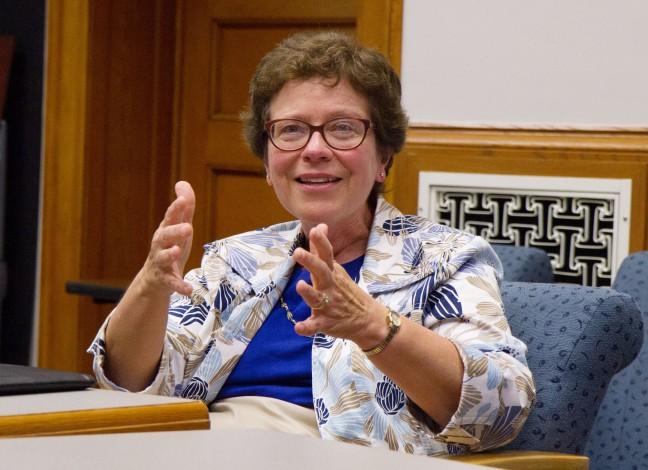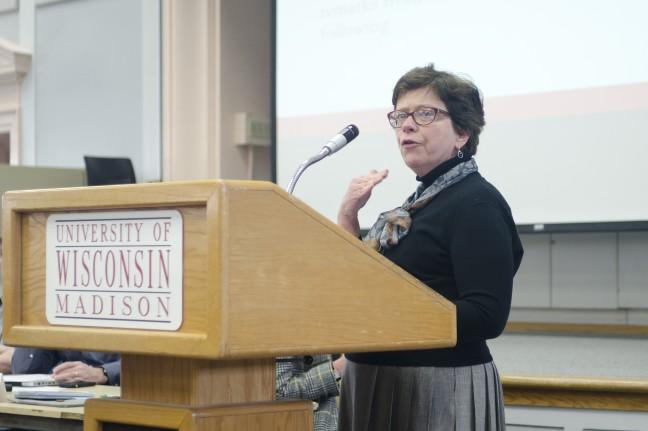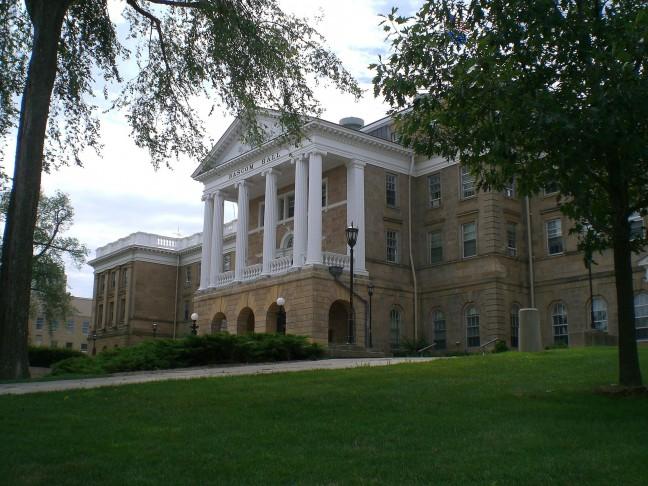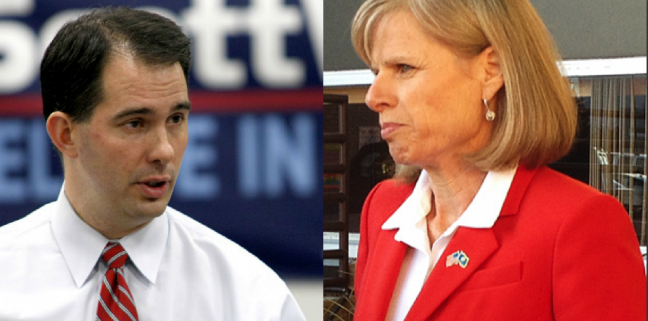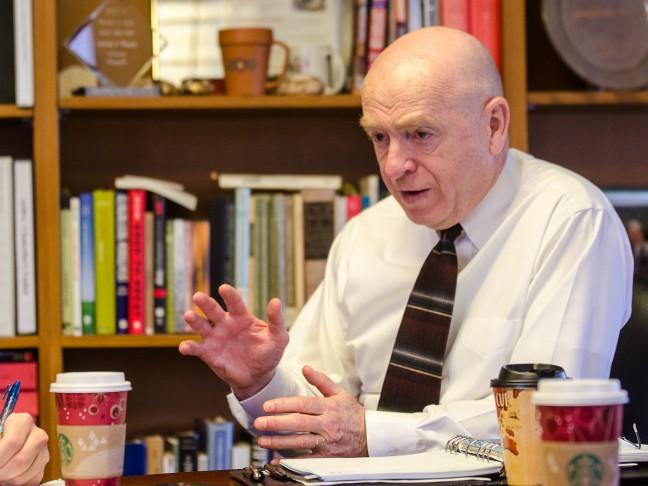The composition of the University of Wisconsin Board of Regents could be significantly altered after Gov. Scott Walker signed a law Tuesday requesting the state appoint at least one member from every congressional district to the governing body.
According to UW spokesperson David Giroux, the bill, introduced by Sen. Sheila Harsdorf, R-River Falls, and Rep. Erik Severson, R-Star Prairie, was designed to require the Board of Regents to represent all eight congressional districts in Wisconsin.
The Board of Regents is composed of 18 members, 14 of which are appointed by the governor. According to Giroux, only these 14 members will be affected by the new legislation.
“[The law] is a way to ensure that the board will consistently have some sort of geographic diversity,” Giroux said. “If you look at our current board, we have members from all but the sixth congressional district, but historically we’ve had large number of regents from Milwaukee and Madison, the state’s two population centers.”
Bill Oemichen, CEO of Cooperative Network, an organization that supports cooperative businesses located across the state, said the new law would address concerns that rural Wisconsin areas have had less representation on the Board of Regents in recent years.
“Roughly 40 percent of the state’s population comes from the Milwaukee and Madison areas, but regents from these areas make up about 70 percent of the board,” Oemichen said. “We believe that with greater geographical diversity, there will be a broader representation on the Board of Regents and that will result in decisions that will reflect all the areas of the state.”
Political science professor Donald Downs expressed concerns that the law would negatively affect UW.
He said it is important for the board to consider geographical diversity, because taxpayers across the state help finance the UW System. However, he said this hurts the position UW has on the board.
“Geographic diversity on the board is a valid concern, but it should not trump concerns about the board’s dedication to higher education in the system. As a member of [UW], I don’t want to see it compromise any more than it already has,” Downs said.
Severson addressed these concerns and said he did not anticipate any problems with UW’s representation within the Board of Regents.
Severson also reiterated that the board represents the entire UW system, not just UW.
“The Board of Regents isn’t there to just take care of Madison; it’s there for all the UW schools,” Severson said. “It’s there to ensure that schools from every district are spoken for.”
Giroux said members of the board have traditionally shown an interest in governing the state as a whole instead of focusing solely on their respective districts.
“I’ve observed and worked with a number of regents appointed by three different governors, and I can tell you that generally, regents from all over the state have done a very good job of embracing their statewide roles,” Giroux said. “… I think geographic diversity is very important, but I also think we should continue to make sure all regents embrace their role as a statewide governing board, as they certainly have done in the past.”


